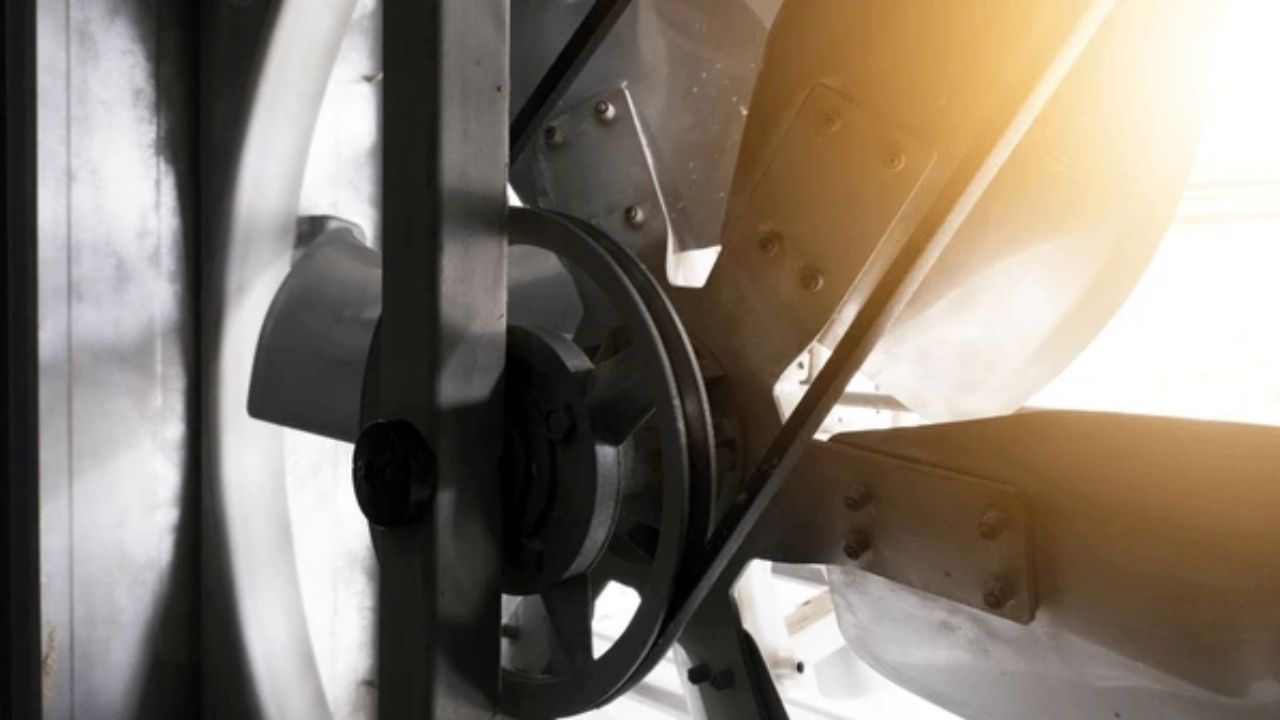
Axial Fan Types Performance and Application Areas


Axial fans are essential components in many industrial settings, providing necessary airflow for cooling and ventilation systems. These fans are designed to move air along the axis of rotation, which allows them to provide consistent, efficient airflow for machinery and equipment. In manufacturing processes, controlling temperature is vital to avoid overheating and maintain smooth operation. Understanding the function and significance of axial fans enables manufacturers to select the appropriate solution for their needs.
The role of axial fans goes beyond simple cooling. In modern manufacturing environments, where efficiency and productivity are prioritized, axial fans play a pivotal role in improving overall operational performance. Proper airflow management also affects other critical aspects such as product quality and machinery reliability. With increasing demands for industrial efficiency, axial fans have become indispensable in maintaining a smooth and effective production process.

Axial fans work by drawing air into the center of the fan and expelling it in the direction of the fan blades' rotation. This design provides high airflow at low pressure, making them ideal for environments where large volumes of air are required. The blades of the fan are positioned to push air in a straight line, making them highly effective for applications that demand constant, reliable airflow.
Axial fans are often distinguished from other types of industrial fans by their straightforward design and ability to move large amounts of air with minimal energy consumption. The efficiency of axial fans makes them an essential part of many cooling systems in manufacturing plants, helping to keep temperatures under control. Their simple yet effective design ensures long-lasting performance with minimal maintenance needs, further contributing to the cost-effectiveness of industrial operations.
Axial fans are commonly used in manufacturing for tasks that require consistent airflow to ensure equipment and machinery operate at optimal temperatures. These fans are especially useful in cooling systems, where they help regulate the temperature of machinery and prevent overheating. In addition, they are often used in air filtration systems to maintain a clean working environment by moving air through filters and removing contaminants.
In addition to their cooling applications, axial fans are widely used in ventilation and drying systems. Manufacturing processes often produce excess moisture or fumes, and axial fans help to remove these contaminants from the air, ensuring a healthy and safe work environment. Whether in chemical processing, food production, or heavy machinery operations, axial fans maintain air quality, reduce energy consumption, and improve overall operational efficiency.
Choosing the right axial fan for your facility involves considering factors such as airflow capacity, power consumption, and environmental conditions. Incorrect fan selection can lead to inefficiencies, increased energy costs, and potential damage to equipment. It is crucial to match the fan's specifications with the operational requirements of the facility to ensure optimal performance.
Choosing the right axial fan extends beyond simply selecting a fan that fits the physical dimensions of the space. Other considerations, such as noise levels, reliability in different temperature conditions, and resistance to corrosion, also come into play. A detailed assessment of the facility's airflow needs, alongside expert consultation, can help manufacturers make the best choice. Ultimately, this leads to improved system reliability, less downtime, and a reduction in long-term operational costs.
Energy efficiency is one of the primary considerations when selecting any industrial equipment, and axial fans are no exception. These fans are designed to provide high airflow with minimal energy consumption, making them an ideal choice for energy-conscious manufacturers. By optimizing the airflow, axial fans reduce the need for excessive cooling or ventilation, thereby lowering overall energy costs.
The role of axial fans in enhancing energy efficiency becomes even more critical as industries look to reduce their carbon footprints and meet regulatory standards. By utilizing energy-efficient fans, companies can reduce their operational costs and improve their sustainability efforts. Moreover, axial fans' low maintenance requirements further contribute to long-term cost savings, making them an attractive option for businesses seeking both efficiency and environmental responsibility.
Proper cooling is vital for extending the lifespan of industrial equipment. Axial fans play a crucial role in maintaining the right temperature for machinery and preventing overheating, which can cause wear and tear over time. Consistent airflow helps to dissipate heat from components, ensuring they remain within their operational temperature range and function efficiently for a longer period.
In industries where equipment is subjected to intense operating conditions, axial fans are particularly beneficial. By reducing the risk of thermal damage and maintaining the integrity of sensitive components, these fans help to minimize downtime and repair costs. Their role in protecting equipment enhances productivity and ensures that machinery operates at peak performance for as long as possible. The longevity of industrial machinery depends heavily on the cooling systems in place, and axial fans are an essential component in this equation.
There are many manufacturers offering high-quality axial fans designed for industrial applications. These manufacturers provide a range of options to suit different operational needs, from fans that offer low noise levels to those designed for high airflow in demanding environments. It is important to select a manufacturer that is known for producing durable, reliable products that meet industry standards.
Leading manufacturers often offer advanced solutions that integrate axial fans into larger systems, such as air conditioning or ventilation setups. These fans are engineered to deliver optimal performance while minimizing energy consumption and maintenance needs. By working with trusted suppliers, manufacturers can ensure that they are investing in axial fans that contribute to both operational efficiency and long-term equipment health. Additionally, customer support and warranty services offered by top manufacturers ensure that businesses have the support they need for ongoing operations.

Fill out the form to discover the most suitable high-end products for your projects. Contact Us Now.